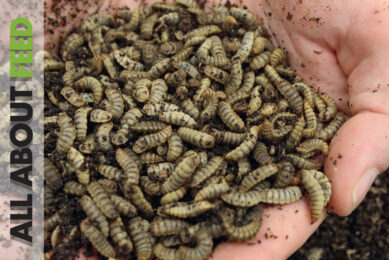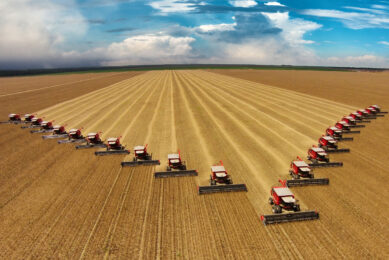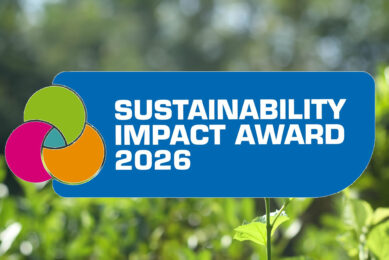Farmers claim flood funding doesn’t go far enough prompts changes

Farmers who suffered uninsurable damage to their land due to flooding earlier this year are to receive grants of between £500 and £25,000 through the Government’s Farming Recovery Fund.
Eligible farmers across parts of the English Midlands and South West are being contacted through the Rural Payments Agency following the exceptional flooding due to Storm Henk. The last year has seen exceptionally heavy rainfall across the UK, with 2023 named by the Met Office as the 6th wettest year since records began in 1836.
The announcement however angered farmers, who said they were ineligible if flooded fields were more than 150 metres away from rivers. Following representations by the National Farmers’ Union, the restrictions were lifted with the Farming Minister Mark Spencer saying: “This means that farmers will be able to receive payments for all land parcels which are flooded contiguous to an eligible river. We’ll continue to listen to farmers and look at how we can expand the scheme and improve support for those affected.”
Debbie Wilkins, who runs a mixed arable, dairy and beef farm on 900 acres of predominantly floodplain land near Gloucester, said the land used to flood every 6 years but had flooded 3 times last year and 6 this year. The flood waters mean there is less feed for cattle and reserves are being used up rapidly. “I really feel climate change is kicking in and affecting us and it could affect people’s food on the table and prices in the supermarket.
We can’t just import our way out of this issue. People need to think about how we can be resilient and keep feeding the world in a changing climate.
Rachel Hallos, NFU vice president, said there were farmers with fields that had been underwater since October and had been unable to plant crops or put livestock out to graze, who were unable to access the fund. “We continue to talk to government about the details of the scheme and urge them to consider long-term support for farmers to prepare, adapt and recover from the impact of chronic rainfall and waterlogged ground, which isn’t addressed by the fund.”
Excessive rain causes decline in crop planting
In its early survey of this years harvest, the Agriculture and Horticulture Development Board found excessive rain had caused substantial declines in planting of crops such as winter wheat, winter barley and oilseed rape. The amount of arable land left unsewn so far in the 2024 harvest had rocketed by almost 80% compared with the 2023 harvest.
Feed spoilage due to flooding
Meanwhile, the AHDB has given farmers advice on feed spoilage caused by flooding, as it could be contaminated which could cause problems through chemical toxicity or infections.
It said there were 4 key areas for farmers to consider:
Soil/dung contamination – soil may contain clostridia spores; and sewage and effluent contamination may lead to gut diseases such as Salmonella.
Feed consumption and quality – poor energy and nutrient intake and low dry matter intake may lead to poor rumen function, acidosis and ketosis.
Bales that have been standing in water may have their feed quality reduced and could be contaminated by water working its way between the layers of film on the bales.
Introducing new feed – hungry animals will try and eat as much as possible. Changing from mainly pasture to high carbohydrate supplements like cereals, can cause rapid changes in rumen fermentation, which can kill livestock.
It urged farmers to closely inspect bales for separation of the plastic layers and small holes so they can plan to source extra feed if necessary; provide clean water and energy feed to prevent ketosis and introduce new feeds slowly. If stock were on pasture, introduce with hay or grass silage first and then gradually add other feeds.
One solution could be growing more crops indoors, which could play a key role in the future of food security, according to researchers at Aberystwyth University, who say the development of controlled environment agriculture and vertical farming technologies needs to accelerate to meet growing challenges posed by climate change. The new research project is one of 16 across Welsh universities to be funded by the Wales Innovation Network.











